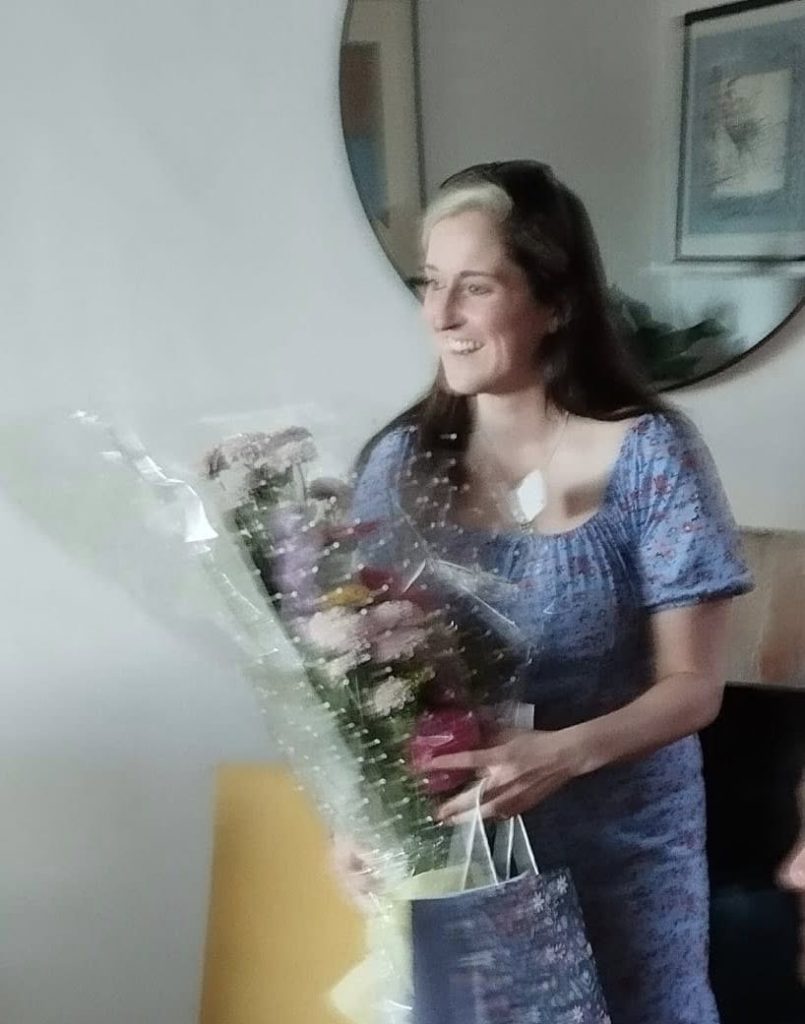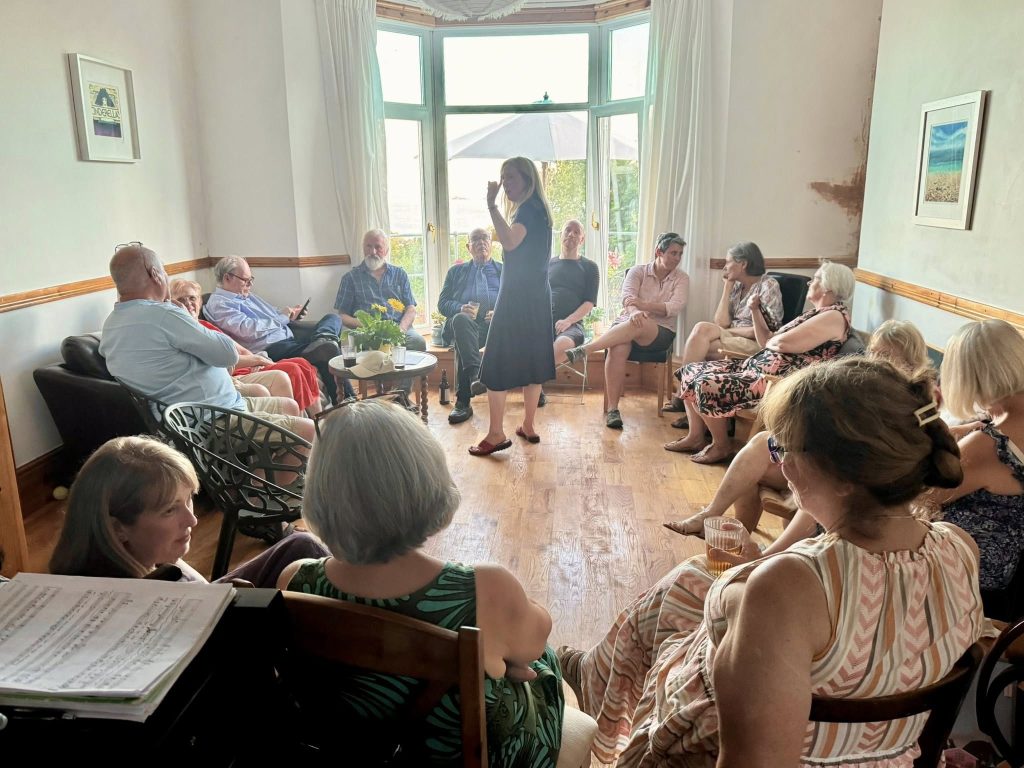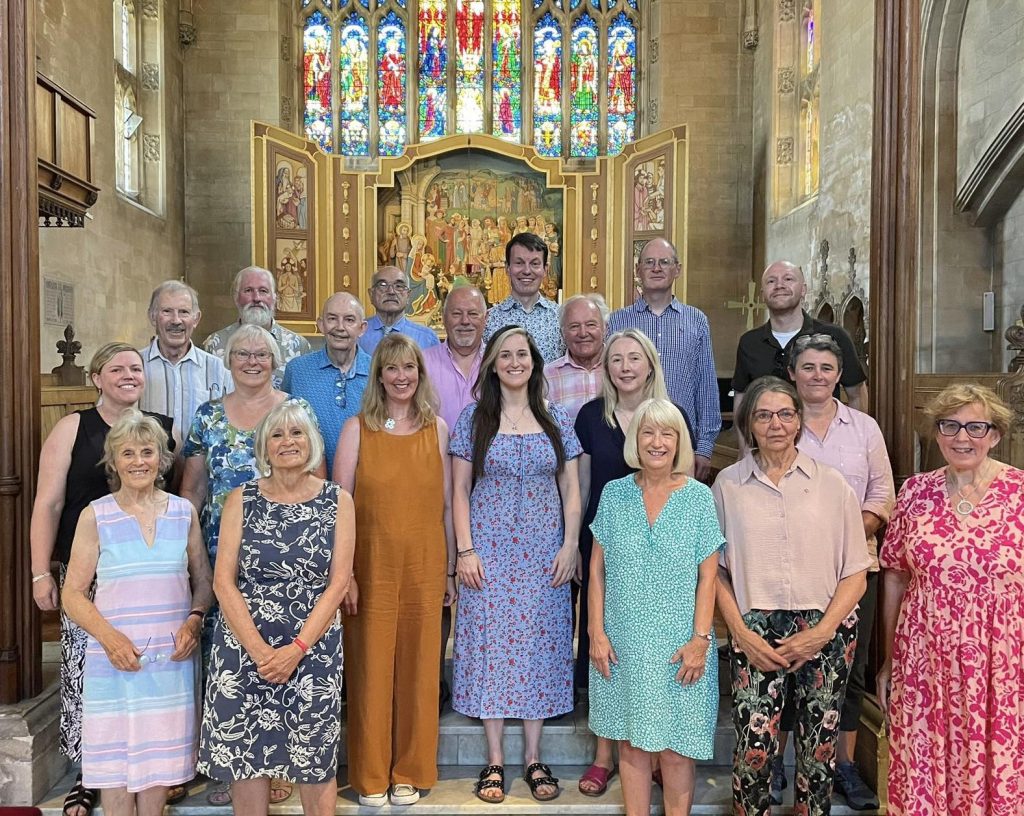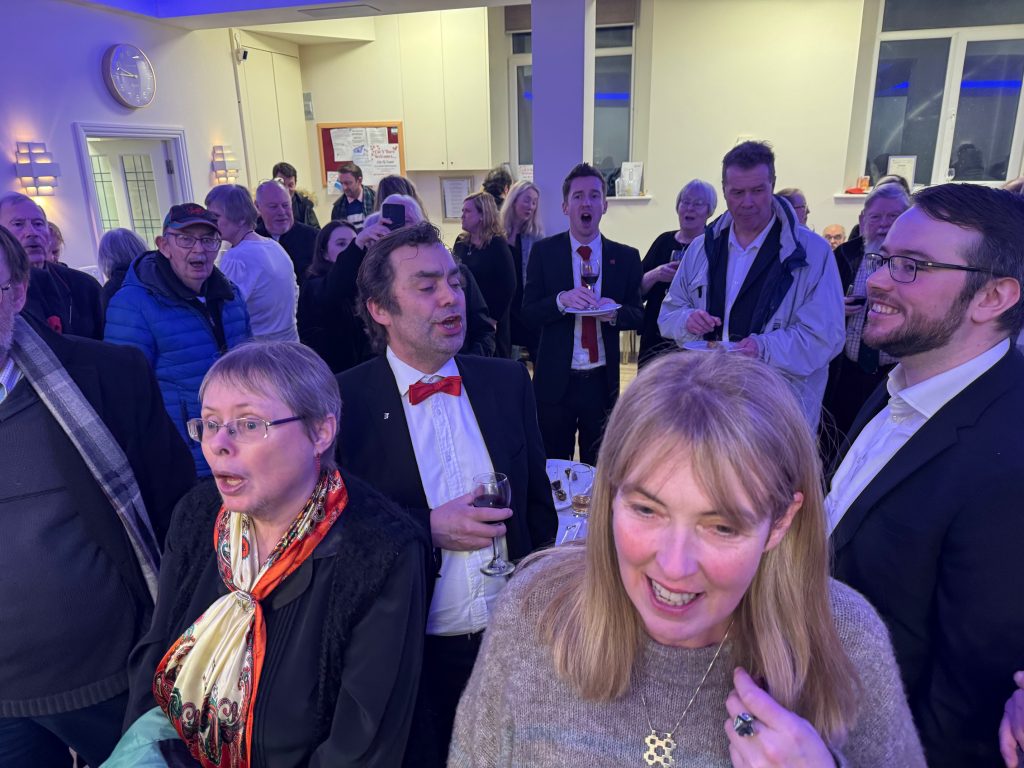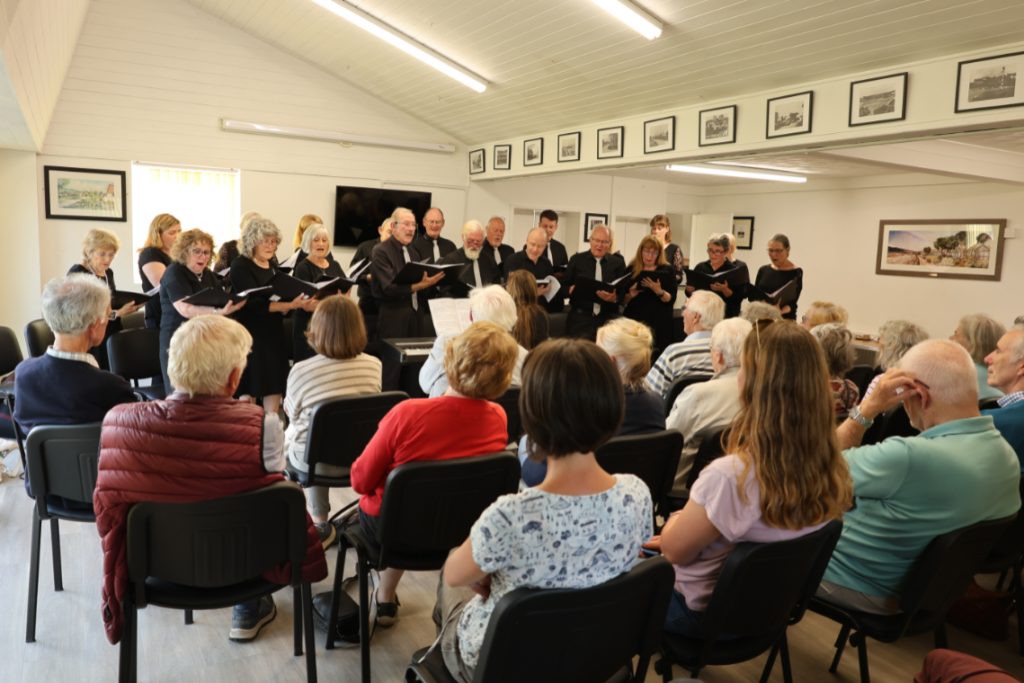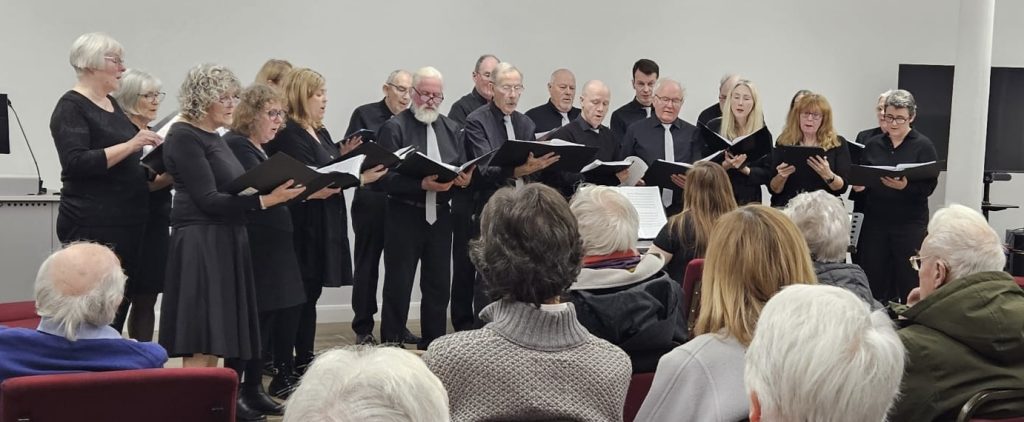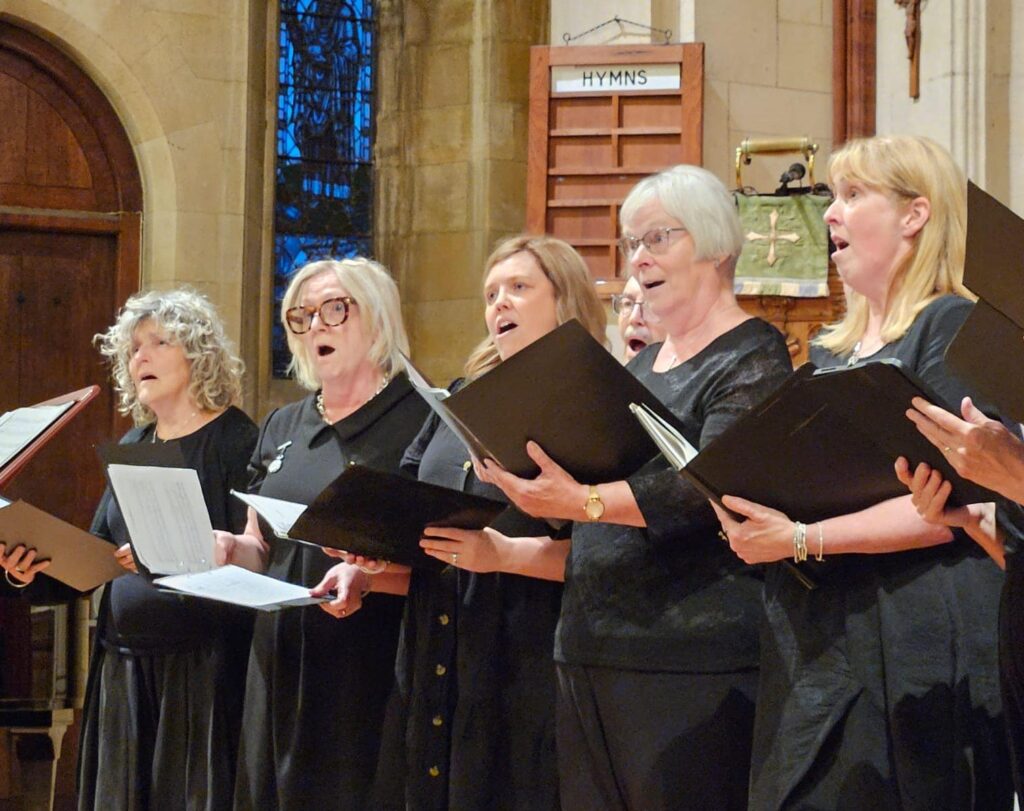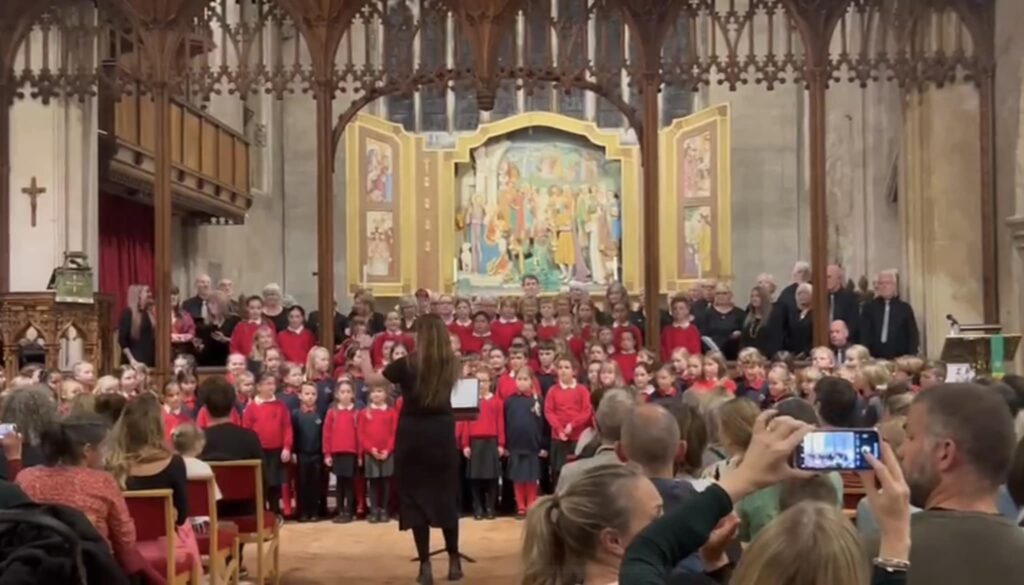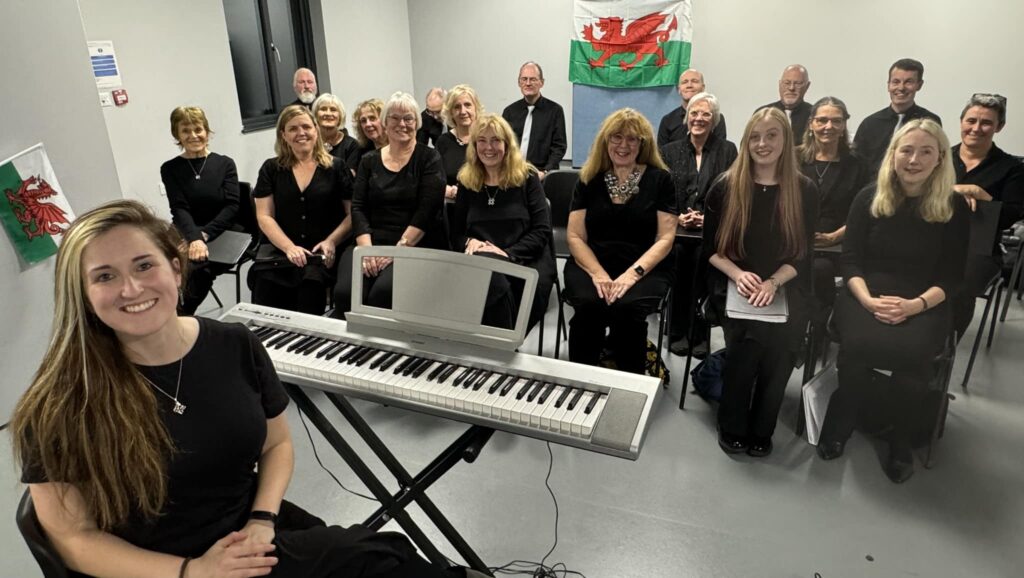
One of the emerging trends in the plinko game landscape is social gaming. Engaging with friends or fellow players online can significantly enhance the game’s overall enjoyment. A thorough understanding of online payout structures can help guide betting strategies and improve overall profitability in the plinko game. Players should familiarize themselves with the specific mechanics of their chosen online platform, allowing for a more tailored approach to maximizing potential rewards. Players can also benefit from utilizing various tools and resources available on the internet.
Top Casino Sites
These strategies, combined with a bit of luck, can increase the chances of landing in higher-value prize compartments. Regularly engaging with the game allows players to familiarize themselves with various strategies, board dynamics, and betting techniques. Over time, players begin to identify personal preferences and styles that work best for them. Plinko has multiple variants that cater to different playing styles and preferences.
Understanding Plinko’s mechanics
We will cover various aspects of the plinko game, including its history, game mechanics, strategies for maximizing wins, and tips for effective gameplay. Additionally, this article will introduce essential tools and resources that can aid players in their journey through the plinko experience. Ultimately, players will gain insights that will not only enhance their understanding of the game but also provide practical techniques that can lead to greater success. Effective bankroll management is crucial for enjoying Plinko responsibly. This approach extends playtime, manages risks, and prevents financial stress. A smart Plinko stake strategy focuses on entertainment, not chasing big wins.
Players have access to hundreds of live sports games and thousands of casino games, and can enjoy the thrill of playing for real money plinko casino game or try out demo versions. Gunsbet is a renowned online casino, operated by Dama N.V, and is highly popular with players looking for entertainment and opportunities to win real money. With a wide selection of over 2000 casino games, including slots, table games, and live casino, Gunsbet offers a complete experience for players.
Natural Mutations (2x-50x)
Adaptive Betting is a strategy that involves adjusting your bet sizes based on recent outcomes, thereby helping you minimize losses and capitalize on favourable streaks. Additionally, by monitoring the flow of the game, you can modify your betting approach to stay in control and maximize your chances of winning. The best Plinko strategy often involves a combination of these approaches. Players might start by combining betting systems, then switch to alternating between high and low-risk plays. They could then test progressive betting before moving on to position-based strategies.
What is the right strategy for beginners in Plinko?
In this article, we present three best methods for increasing your chances of winning. Getting “caught up in the moment” can lead to poor decision-making and, potentially, unnecessary losses. At the base, the ball lands in one of several prize slots, each assigned a specific payout multiplier. Typically, the edge slots carry the highest multipliers—offering bigger potential rewards—while the center slots yield lower, more frequent returns. Another growth mutation called Ripe, can only be obtained on the Sugar Apple, which makes the Sugar Apple and Sunflower the only plants with a unique mutation. Unlike other mutations, Ripe doesn’t provide a multiplier but instead enhances the Sugar Apple’s appearance with deeper, richer colors and a glossy finish.
By combining observation with practice, you can develop a personalized approach tailored to your preferences and risk tolerance. 🎯 There’s no one-size-fits-all strategy—adapt, analyze, and play smart to make the most of every drop. This method combines the benefits of both low- and high-risk play to create a well-rounded approach. This includes key personnel, transition plans, and operational procedures. Adding new products, services, or income sources reduces risk and makes your business more attractive to buyers. Review your profit margins, reduce unnecessary expenses, and focus on growing revenue streams.



